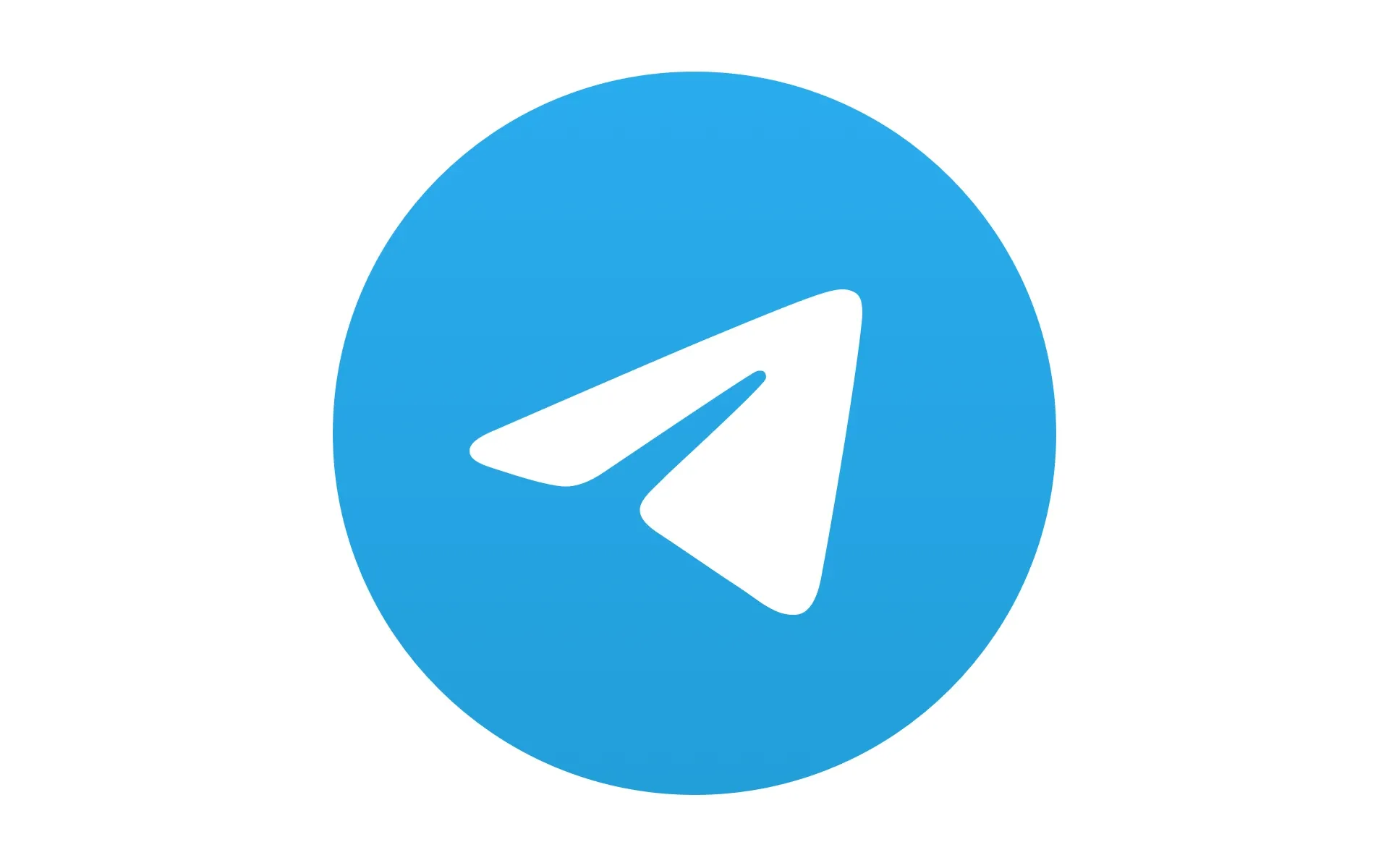Telegram reaches profitability with $1 billion revenue and 12 million premium users
Messaging platform achieves first-time profitability in 2024, triples premium subscribers, and maintains $500M cash reserves

According to an announcement made by Pavel Durov, CEO of Telegram, on December 23, 2024, the messaging platform has achieved profitability for the first time, reaching $1 billion in revenue. The Dubai-based company reported significant growth in its Premium subscriber base, which tripled to exceed 12 million users in 2024.
The platform's transition to profitability represents a significant shift in its financial trajectory since its founding in 2013. Multiple revenue streams contributed to this milestone, including a substantial increase in advertising income, which multiplied several times throughout the year, though specific growth figures were not disclosed.
The messaging platform, which surpassed 950 million monthly active users this year, disclosed having more than $500 million in cash reserves, excluding cryptocurrency assets. This financial position strengthens as Telegram implements various monetization strategies while maintaining its commitment to user privacy and data protection.
Financial details released by the company indicate a substantial debt position. According to Durov's statement, Telegram has issued approximately $2 billion in debt over the past four years. The company reported taking advantage of favorable market conditions this fall to repay a significant portion of these obligations, though specific figures were not disclosed.
The platform's revenue streams have diversified throughout 2024. New features introduced include Stars, Gifts, Giveaways, Mini Apps, an Affiliate Platform, Telegram Business, and Telegram Gateway. These additions represent a departure from the company's previous reliance on basic Premium subscriptions and advertising.
Security remains a cornerstone of Telegram's operations. The platform employs end-to-end encryption protocols that can be independently verified by researchers through its open-source code and documented encryption standards. The company maintains an active bug bounty program to identify and address potential security vulnerabilities.
Unlike many competitors in the messaging space, Telegram's data collection practices remain minimal. The platform requires only a phone number for registration, avoiding the collection of additional personal information such as names or birthdates. This approach aligns with the company's stated focus on privacy protection.
The achievement of profitability marks a significant shift for Telegram, which has historically prioritized growth over monetization. The platform's expansion into new revenue-generating features demonstrates an evolution in its business model while maintaining its core privacy-focused principles.
Telegram's leadership structure remains unchanged since its founding, with Pavel Durov continuing as CEO. Durov, who holds dual citizenship in the United Arab Emirates and France, established the company after departing Russia in 2014. This followed his loss of control over VKontakte, his previous venture, after refusing to share Ukrainian protesters' data with Russian authorities.
The platform's role extends beyond personal messaging. News outlets, fact-checking organizations, and health ministries utilize Telegram to broadcast verified information to millions of users. The company emphasizes providing tools for users to evaluate media content critically rather than implementing centralized content control measures.
This financial milestone arrives amid increasing global scrutiny of messaging platforms and their approaches to privacy, security, and monetization. Telegram's achievement of profitability while maintaining its privacy-focused model presents a notable case study in sustainable technology business development.
The company faces ongoing challenges, including debt management and competitive pressures in the messaging application market. However, its current financial position, with substantial cash reserves and growing revenue streams, suggests a strengthening financial foundation.
Looking ahead, Telegram's demonstration of financial viability while maintaining its commitment to user privacy could influence industry approaches to balancing monetization with user rights protection. The platform's experience may provide insights for other technology companies seeking sustainable business models that preserve user privacy.

